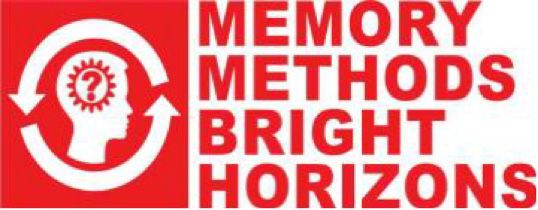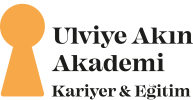ZOBEP

Scientifically Based ZOBEP. It is a NATIONAL COGNITIVE READING application prepared in Turkish and enriched with cognitive elements.
Dr. U. Akın (2020), within the scope of his doctoral thesis; The scientifically based Enriched Reading Skills Intervention Package (ZOBEP), implemented in the Response to Intervention Model (MTM) Level-II approach, is intended to examine the effect on the reading fluency (reading speed, reading error and prosodic reading) and reading comprehension levels of students at risk of learning disabilities (dyslexia). In this context, the aim of the reading skills is considered to be important for the literature.
In line with this general purpose; sub-objectives were created under the titles of effectiveness, monitoring and social validity. For effectiveness purposes, the differences between the changes in the reading speeds, reading errors, prosodic reading and reading comprehension levels of the experimental group to which ZOBEP was applied and the control group to which ZOBEP was not applied from the pre-test to the post-test and their in-class performances were examined. Within the scope of development monitoring purposes, the changes in individual performances of students who participated in ZOBEP application during the intervention period were examined. For social validity purposes, the students’ own reading skills and the parents’ views on the development of their children’s reading skills were evaluated. The research was conducted with 103 second-grade primary school students studying in a public school. 24 students were determined from the students who were evaluated as the risk group for the research and randomly divided into two groups, and ZOBEP was applied to the experimental group. A quasi-experimental design with a pre-test-post-test control group was used in the research. Mixed Measures Anova program was used in the analysis of the effectiveness data, development monitoring data were presented descriptively by drawing graphs, and social validity data were evaluated descriptively. When the findings related to the effectiveness purposes of the research were examined, it was determined that the scores of the ZOBEP applied group compared to the group that did not apply ZOBEP showed a significant difference from the pre-test to the post-test; in other words, it was determined that ZOBEP was effective in increasing the reading speed of students with learning disabilities, decreasing reading errors, and developing prosodic reading and reading comprehension skills. In addition, it was determined that ZOBEP was effective in increasing the students’ reading speed as in-class performance, decreasing reading errors, and developing prosodic reading and reading comprehension skills. When the findings obtained within the scope of development monitoring purposes were examined, it was determined that the individual reading performances of the group applied ZOBEP improved during the intervention. When the students’ post-test scores were taken into account, 9 out of 12 students were able to exit the risk group for learning disabilities (75%), while 3 students could not exit the risk group, and it was suggested that a more intensive study be conducted. When the findings obtained within the scope of social validity purposes were examined, it was determined that all students and their parents who participated in the ZOBEP application were pleased to participate in the study and liked the teaching process. The findings were discussed in the final section of the study and suggestions for implementation and further research were included.
PROGRAMS FOR DYSCALCULIA
The program works on the basic principle that in cases of dyslexia and dyscalculia, the pathways in the brain do not function adequately due to insufficient maturation in certain brain regions. The researchers combined the latest scientific findings to find a solution based on this proposition. Neuropsychology and information technologies Dybuster software is based on intensive research by computer scientists at the Swiss Federal Institute of Technology in Zurich (ETZ Zurich) and the neuropsychology department at the University of Zurich.
In cases of dyslexia and dyscalculia, they work on the basic principle that pathways within the brain are sufficiently automated due to insufficient maturation in certain brain regions. Our multisensory learning programs support brain maturation by allowing users to strengthen these pathways through different sensory channels. It is applied together with the nimonic memory strategies program prepared to develop mathematical reasoning skills and is seen to produce effective results.


